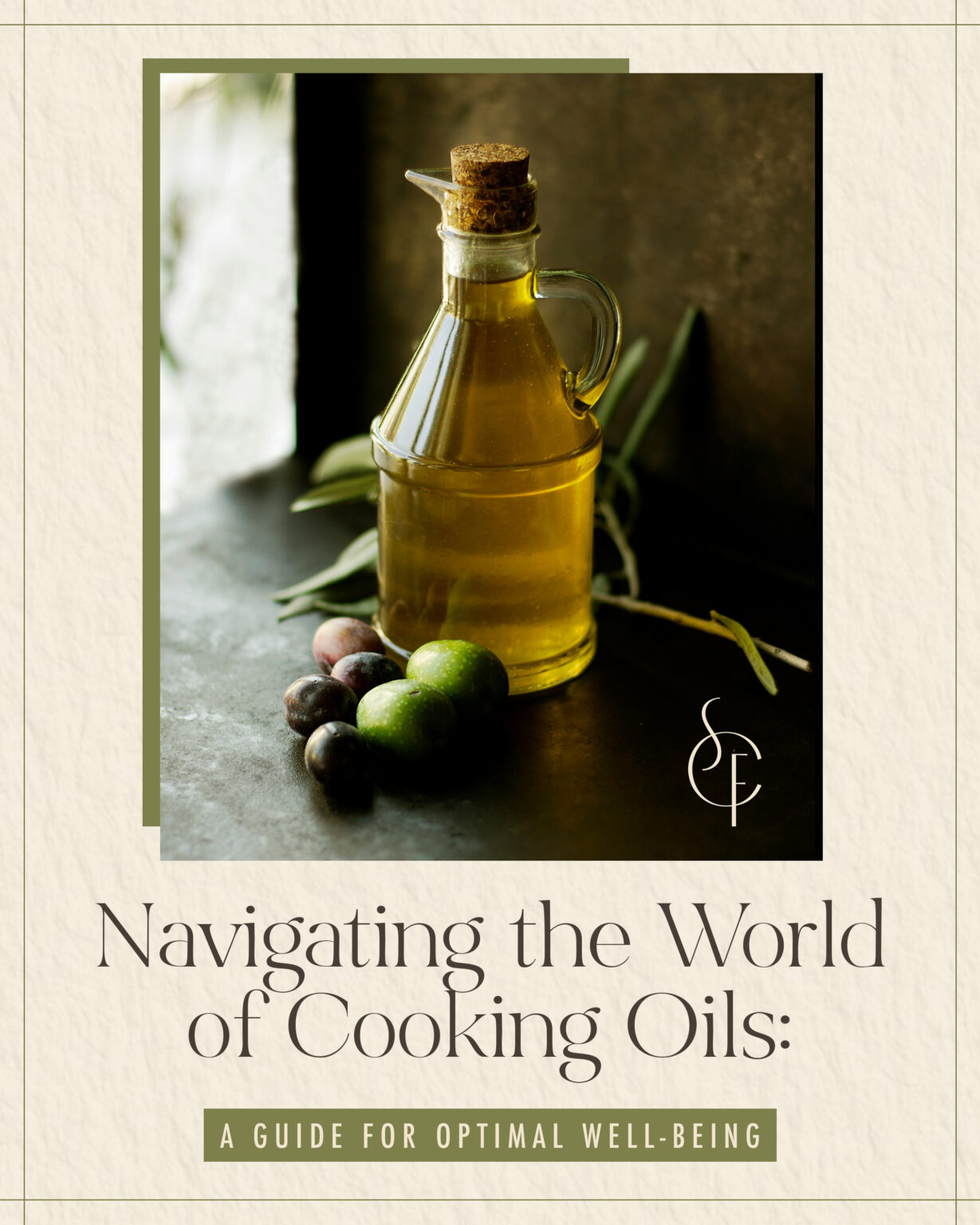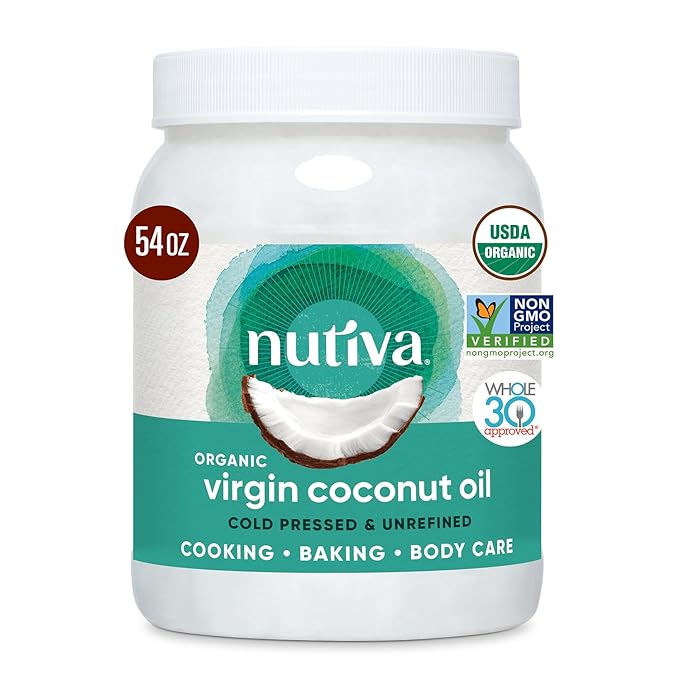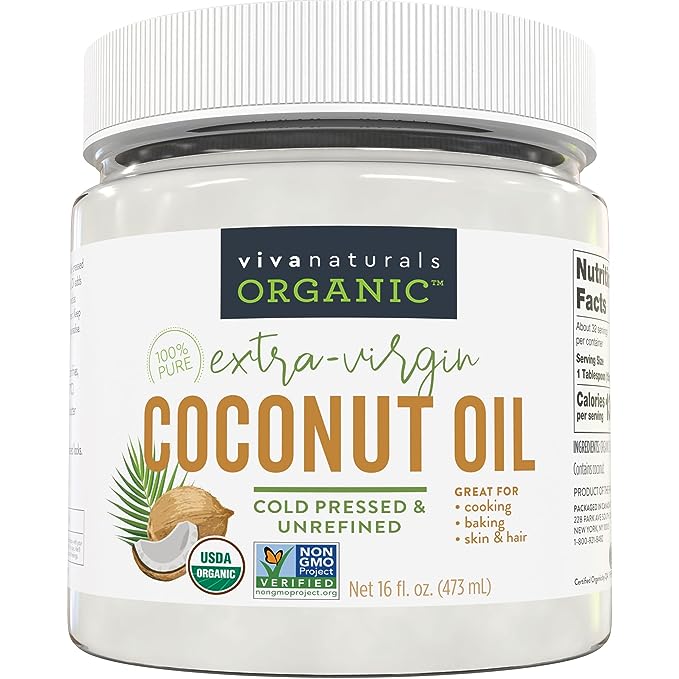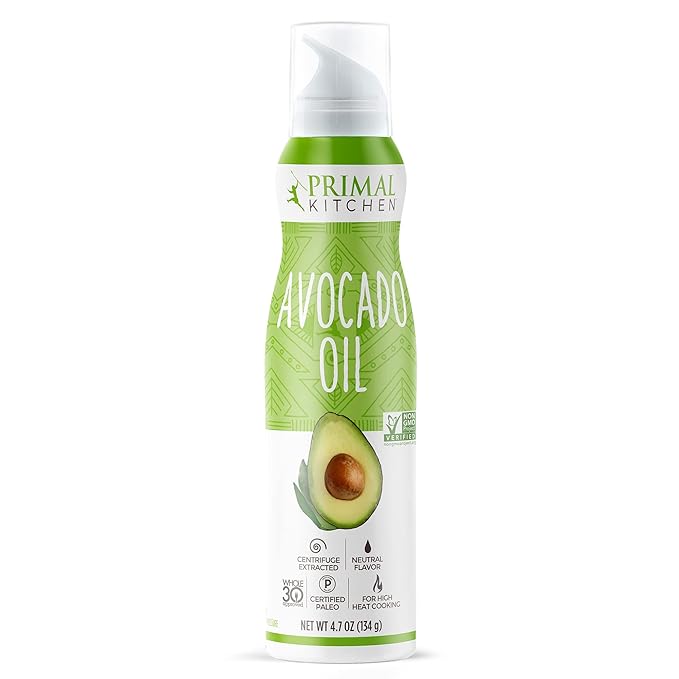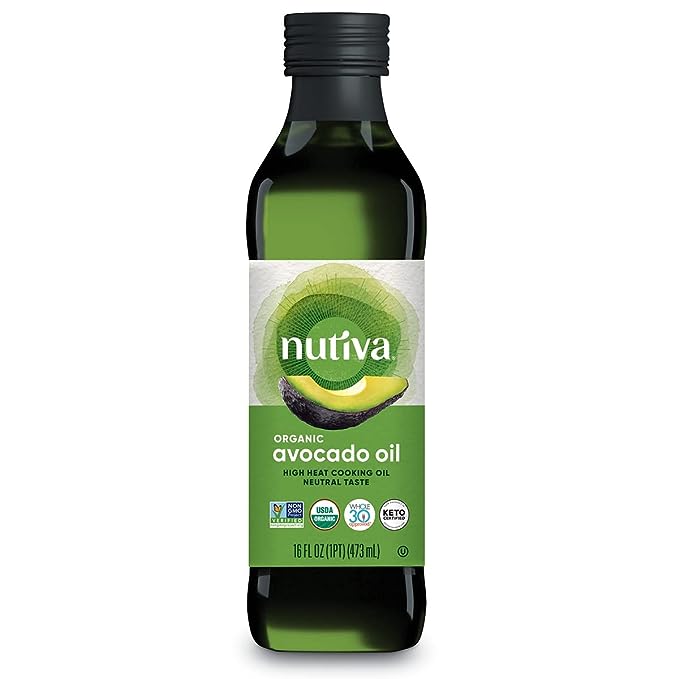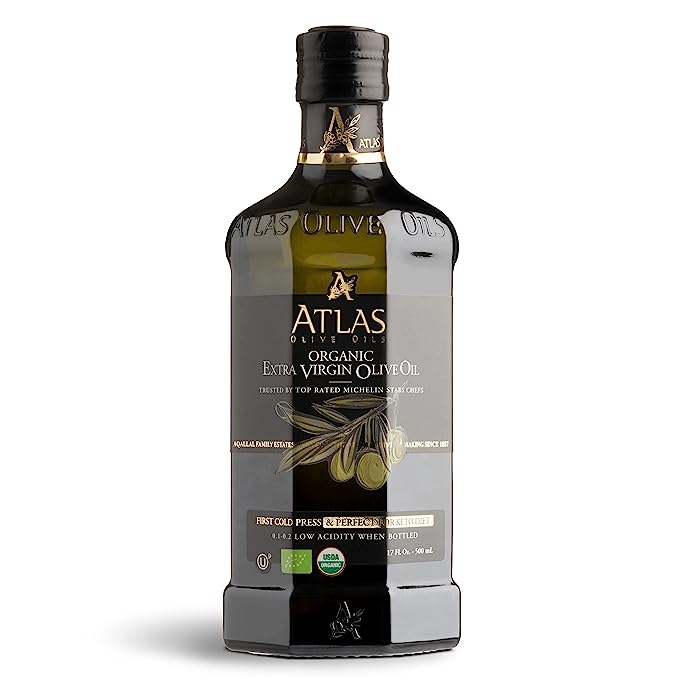Today, I want to cover an often overlooked but crucial part of our dietary and cooking choices – cooking oils. While these cooking essentials undoubtedly play a pivotal role in our kitchens, certain varieties, particularly seed oils, merit closer scrutiny due to potential health implications. As someone who frequently navigates the kitchen, I want to share with you why you should be avoiding seed oils and instead use other safer alternatives.
Understanding Seed Oils and The Dangers Within:
Seed oils, including rice bran, safflower, sunflower, corn, canola, cottonseed, soybean, and grapeseed oils have become staples in the production of ultra-processed and fast foods. Sadly, the more these oils are consumed, especially in the US, the higher the incidence of chronic diseases. Let’s dig deeper into why these oils are harmful to our health by exploring their components and understanding how they affect our bodies:
- High Levels of Omega-6 Fats: While it’s true that our bodies need omega-6 fatty acids, having too much can stir up inflammation, promoting various chronic diseases.
- Disruption of Cell Membranes: Seed oils can shake things up in your body by messing with the makeup of cell membranes, impacting the overall functioning of cells.
- Promotion of Oxidative Stress and Inflammation: The abundance of omega-6 in seed oils contributes to oxidative stress and inflammation, creating an environment ripe for chronic diseases to flourish.
- Trans Fats and Harmful Chemical Additives: When seed oils undergo processing, they’re often infused with trans fats and harmful chemical additives. These additions only heighten their negative impact on our health, emphasizing the importance of being cautious about our oil choices.
- Linked to Obesity, Heart Disease, Diabetes, Autoimmune Disease, Alzheimer’s, and more: Incorporating seed oils into your diet has been linked to a range of serious health issues.
Exploring Healthier Alternatives:
Given the possible downsides linked to seed oils, let me introduce you to some alternative oils that align more favorably with your overall well-being:
- Olive Oil: Packed with heart-healthy monounsaturated fats and antioxidants, olive oil boasts a delightful flavor profile. To preserve its goodness, it’s recommended to avoid heating it, making it an ideal choice for enhancing salads and adding a delectable drizzle to your dishes. My personal favorite is the Atlas Organic Cold Pressed Moroccan Extra Virgin Olive Oil that is highly touted by Michelin-star chefs.
- Avocado Oil: A versatile and stable option for cooking and baking, avocado oil stands out with its high smoke point, making it the perfect choice to add a silky touch to your culinary creations. When shopping for avocado oil, it is important to find ones that are organic to avoid GMOs. I personally love the Nutiva Organic Steam Refined Avocado Oil. While I generally avoid cooking oil sprays, if you are going to use one, go for the avocado oil spray from Primal Kitchen.
- Coconut Oil: Renowned for its myriad heart-healthy properties, coconut oil is the perfect companion for various culinary applications, from sautéing to baking, owing to its impressive heat tolerance. There are many great brands that offer organic coconut oil, including Nutiva and Vivanaturals that are organic, cold pressed and unrefined.
As we navigate the intricate landscape of cooking oils, selecting the right cooking oil is a pivotal step on our collective journey to better health. Opting for alternatives like exquisite olive oil, versatile avocado oil, and the wholesome goodness of coconut oil doesn’t just elevate your dishes – it’s a flavorful investment in your overall well-being. Join me on this flavorsome voyage to a healthier you!

